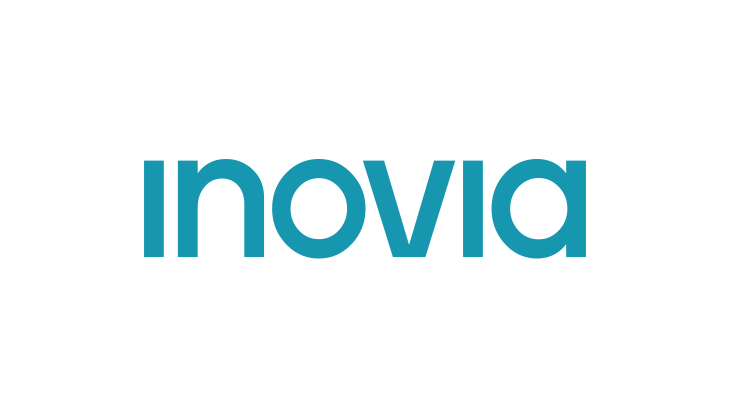
We built ASCEND, a science-first GenAI R&D Platform designed to unravel disease biology. ASCEND acts as an AI Assistant/Co-pilot to the preclinical scientist.
ASCEND acts as a co-pilot for scientists, guiding them through the complexities of research. It elevates biology-related decision-making and uncovers novelty while increasing experimental productivity.
ASCEND is powered by a knowledge graph and ontological knowledge base that acts as an evidence map of disease biology.
ASCEND leverages cutting age multi-modal AI to decode, harmonize and elevate the quality of massive amounts of data from scientific literature including closed access, preprints, patents, clinical data, ontological and third-party data source, in-sitro insights, internal pharma data (historical wet lab results) to understand the underlying mechanisms of diseases and the experiments behind those insights.
ASCEND then leverages this data to guide scientists to generate the best ideas and the ideal experimental path to test them.


















